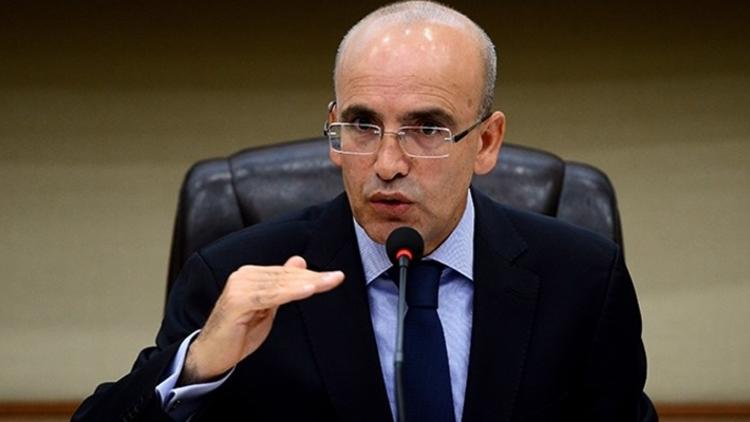Major crisis in Germany regarding migration issue: “We’ve Reached a Breaking Point”

Concerns about a new migration crisis have become Germany’s number one agenda. Local governments are complaining that their capacity to accept refugees has been exceeded, and they claim they can no longer bear the burden. This crisis is causing tension in Germany’s relations with Poland and Italy in particular.
The fear of a new migration crisis has dominated the German political agenda. Recently, there have been frequent calls to toughen measures against irregular migration and human trafficking, limit social benefits that make Germany attractive to asylum seekers, set an upper limit for refugees allowed to stay in the country, initiate border controls, and even calls to close the borders.
“WE CAN NO LONGER BEAR THE BURDEN”
Local governments and municipalities in the states have actually been complaining for a long time that their capacity to accept refugees has been exceeded, and they say they have reached a breaking point. However, recent developments, especially in Poland and Italy, which have raised concerns about an increase in irregular migration flows to Germany, are escalating tensions in German politics.
URGENT CALL FOR CHANGE
The main opposition, the Social Democratic Party (SPD), is calling on Chancellor Olaf Scholz to urgently change his refugee policy.
During the Syrian refugee crisis that began in 2015, then-Chancellor Angela Merkel of the Christian Democratic Union (CDU) had steadfastly maintained an open-door policy despite all objections, saying, “We can do this.”
Now, Merkel’s party, the CDU, which is in the opposition, together with its partner, the Christian Social Union (CSU), is demanding the cessation of irregular migration to Germany and the adoption of strict policies that they claim would be a “new beginning” in refugee policy.
“WE CAN NO LONGER SUCCEED IN THIS”
The CDU/CSU has presented its demands through a motion called the “German Pact on Migration Policies” in the Federal Parliament. The motion includes a series of demands, such as the initiation of regular border controls with Poland, the Czech Republic, and Switzerland, and not allowing entry to Germany for those who have applied for asylum or had their applications rejected in other EU member countries.





